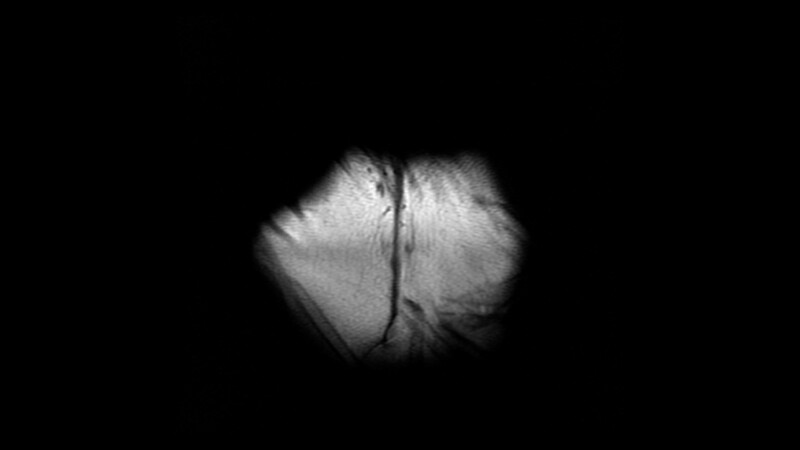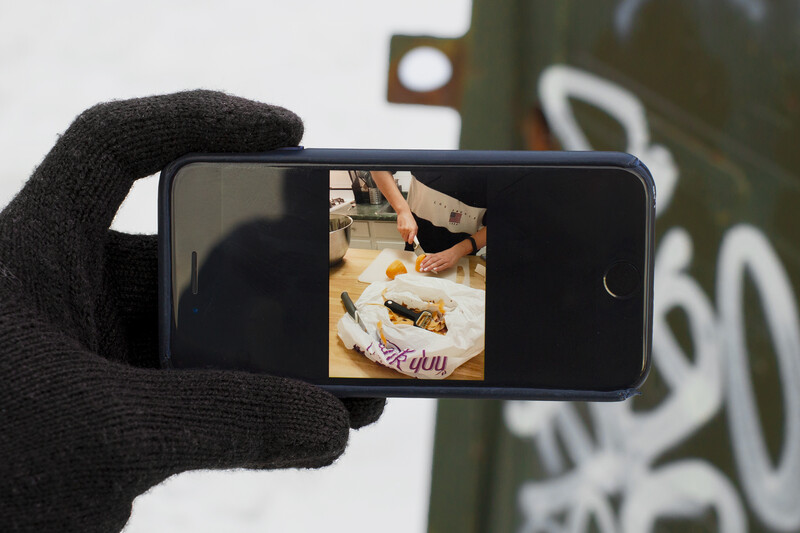
[T]he extent to which one becomes conditioned by social media use is not always easy to perceive.
—American Artist1
Employing strategies of refusal and redaction, American Artist’s Dignity Images examine how social media platforms condition our sense of self, identity, and community. Concerned with the vampiric nature of social media—where user content, data, and engagement generate profit—Artist’s practice proposes ways to challenge platform and surveillance capitalism. One such strategy is in Artist’s own legal renaming, which intervenes in the overwhelmingly white and male artistic canon.
Whereas Artist’s renaming simultaneously claims anonymity and hypervisibility, Dignity Images are rooted in omission and intimacy. Artist defines dignity images as photographs sitting idle on one’s smartphone, withheld from social media circulation. A dignity image represents a conscious choice to mediate between one’s online and offline self; for Artist, it is “a means of recovering dignity outside of social media by acknowledging that images outside of these platforms are equally if not more valuable.”2 Like photographs in albums or scrapbooks, dignity images are tangible and personal, contrasting the homogenous interfaces of social media platforms.
For this new iteration of Dignity Images, Artist re-photographed four of their own personal images from the lockdown period. These images—of domestic life; distanced communication with family; voting infrastructure; and navigating city space amid pandemic restrictions—each attest to the distinct conditions of separation and mediation of this moment. These images of one person’s online and offline life, unmoored from the narratives usually accompanying personal images, reckon with the intricacies of posting and sharing. Through the glimpses of intimate daily life seen here, visitors are beckoned to consider: How do I engage with social media? What do I withhold from it, and why?
American Artist (b. 1989 Altadena, CA, lives and works in Brooklyn, NY) is an artist whose work considers Black labour and visibility within networked life. Their practice makes use of video, installation, new media, and writing. Artist is a resident at Red Bull Arts Detroit and a 2018–2019 recipient of the Queens Museum Jerome Foundation Fellowship. They are a former resident of EYEBEAM and completed the Whitney Independent Study program as an artist in 2017. They have exhibited at the Museum of African Diaspora (San Francisco), the Studio Museum in Harlem, Museum of Contemporary Art Chicago, and Koenig & Clinton (New York). Their work has been featured in The New York Times, Artforum, and Huffington Post. They have published writing in The New Inquiry and Art21. Artist is part-time faculty at The New School (Parsons) and teaches at the School for Poetic Computation.
Dignity Images
Burning Glass, Reading Stone is collectively curated by current and recent Blackwood Gallery staff
Image Set
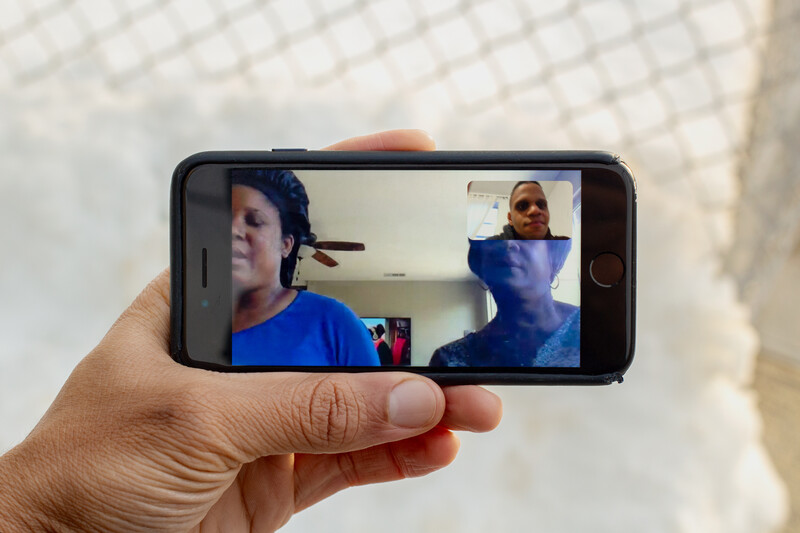
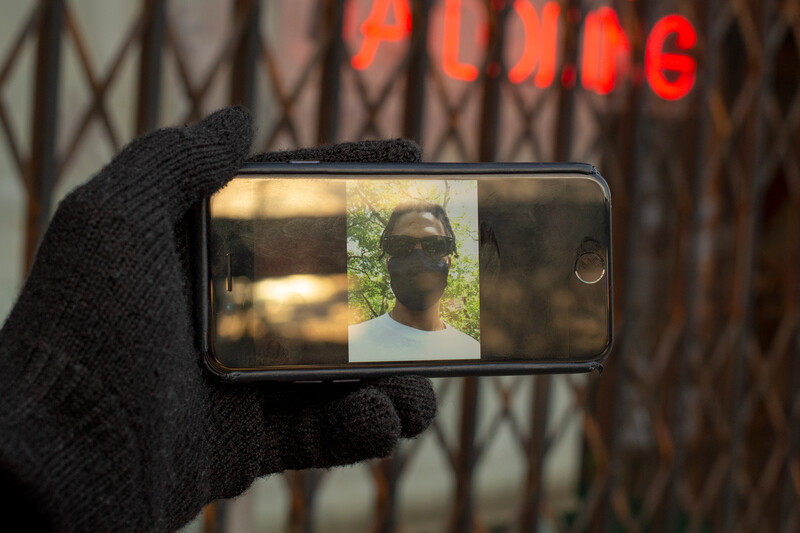

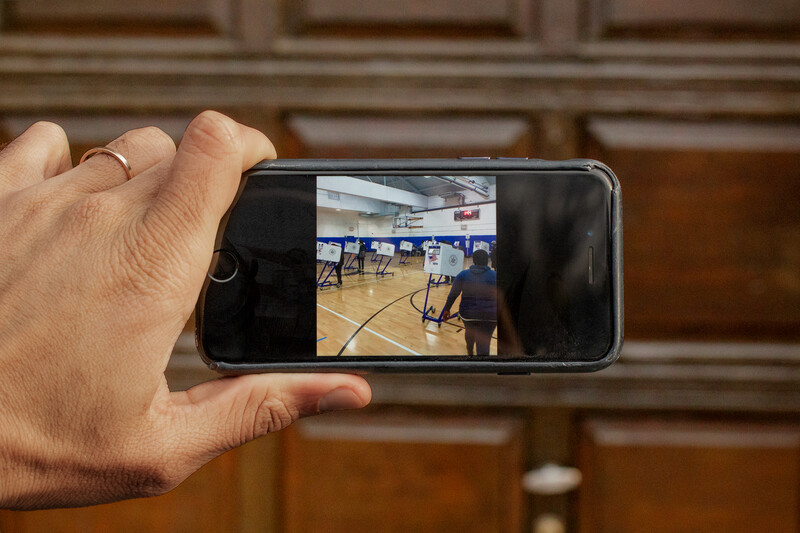
Installation Views
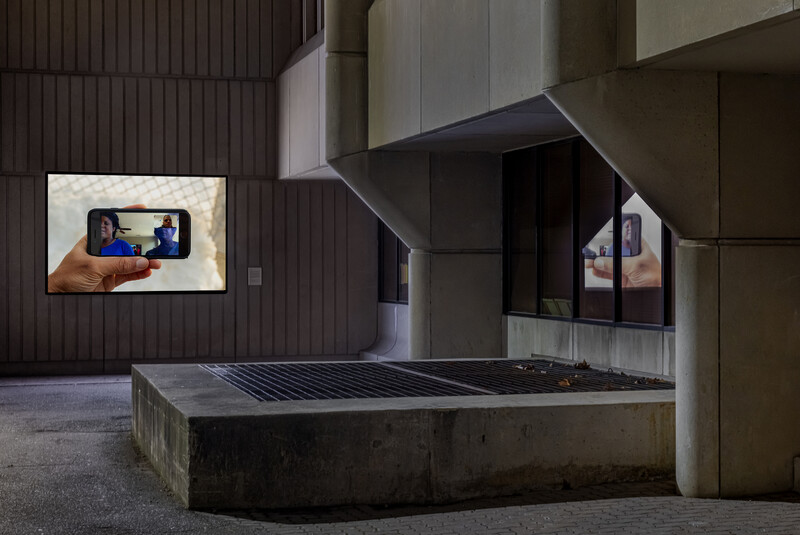
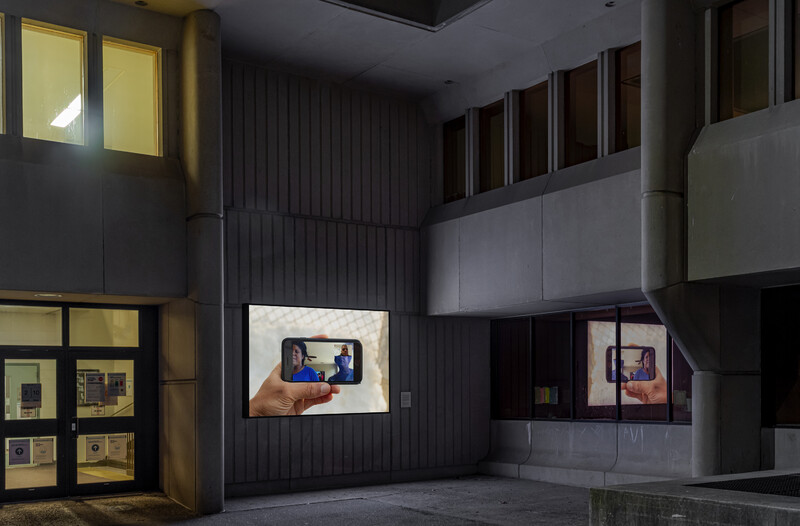
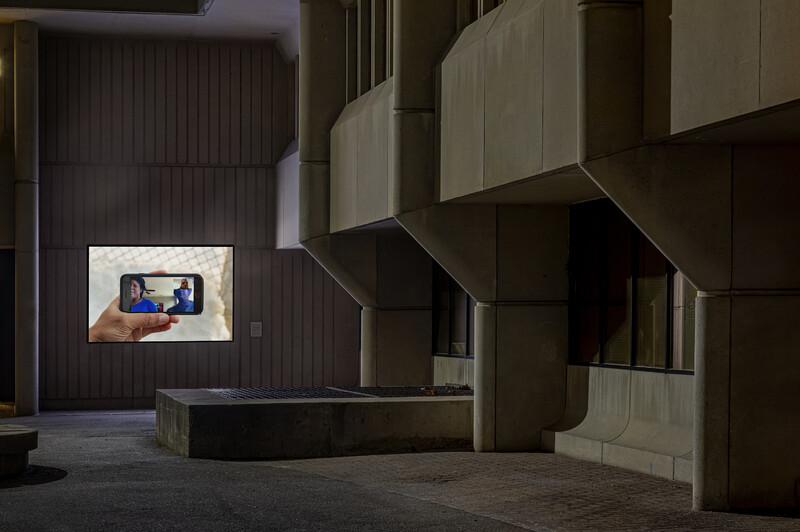
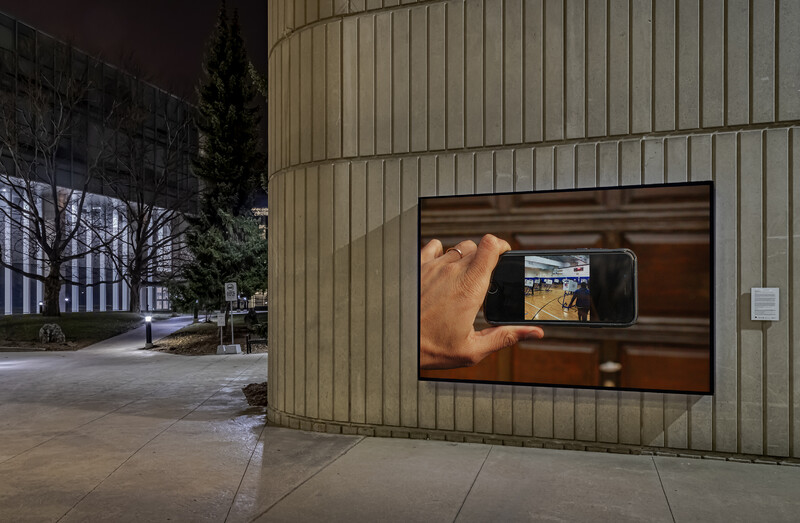
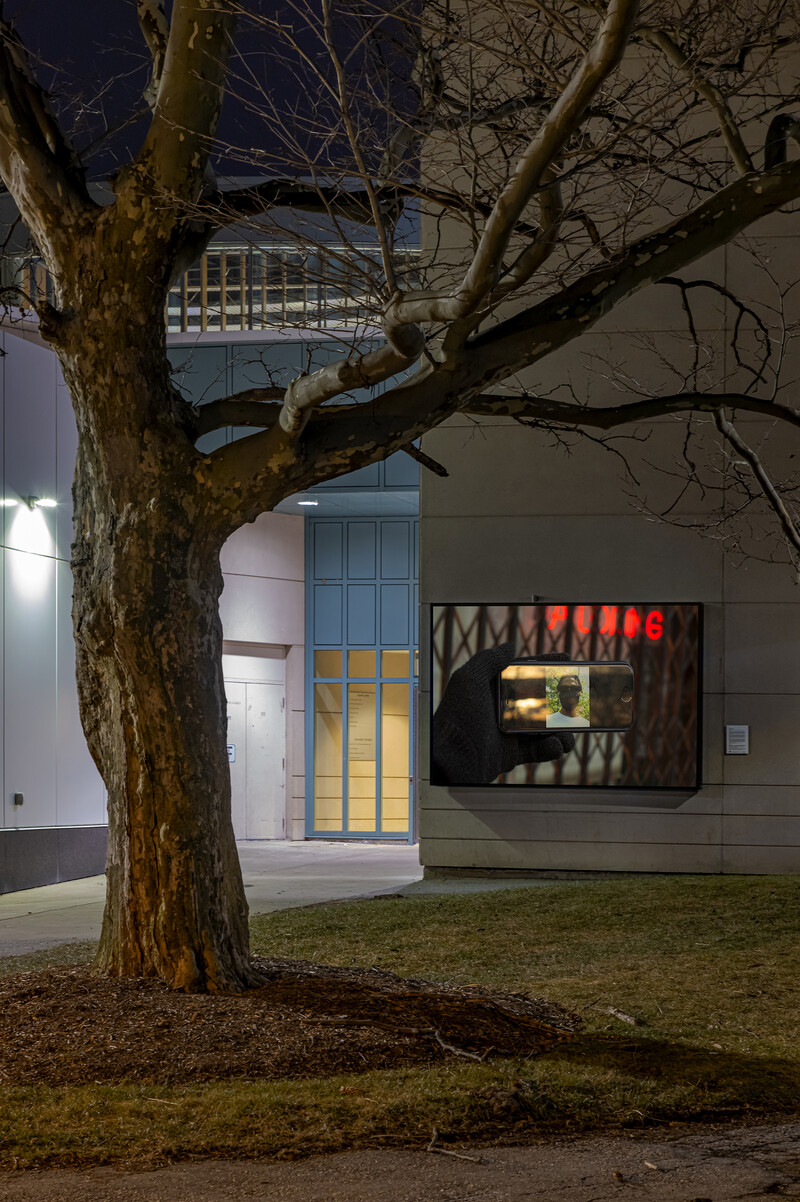
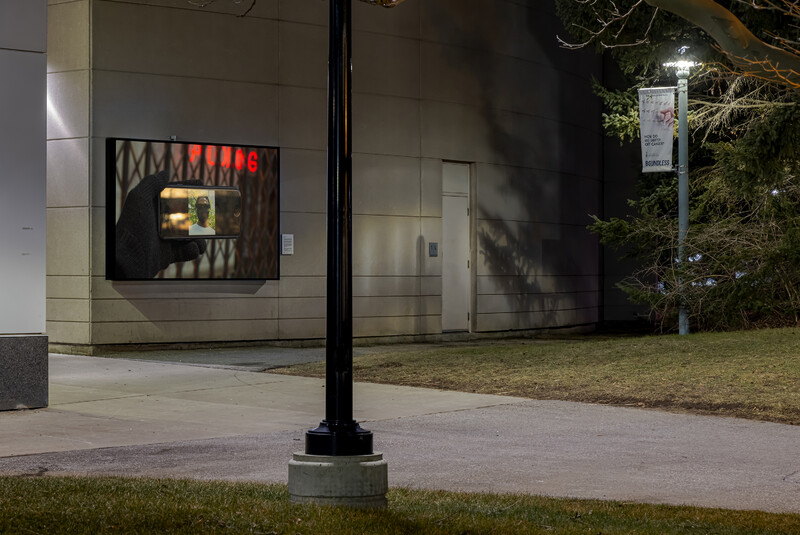
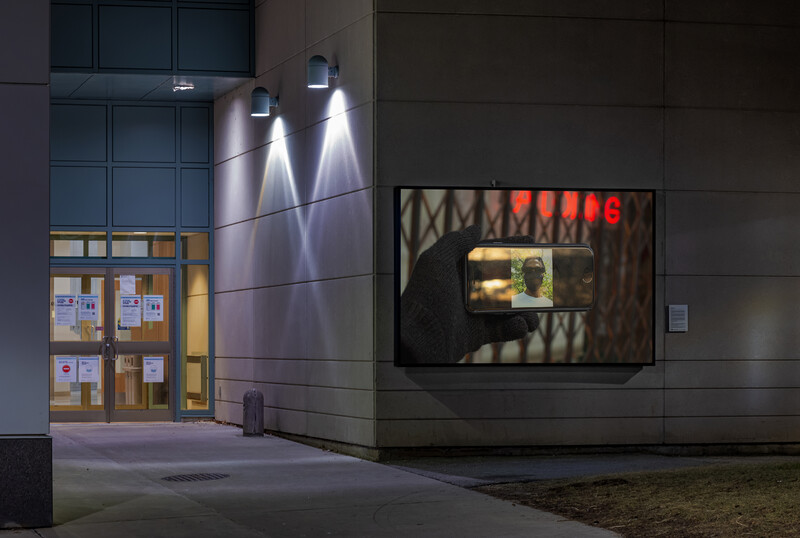
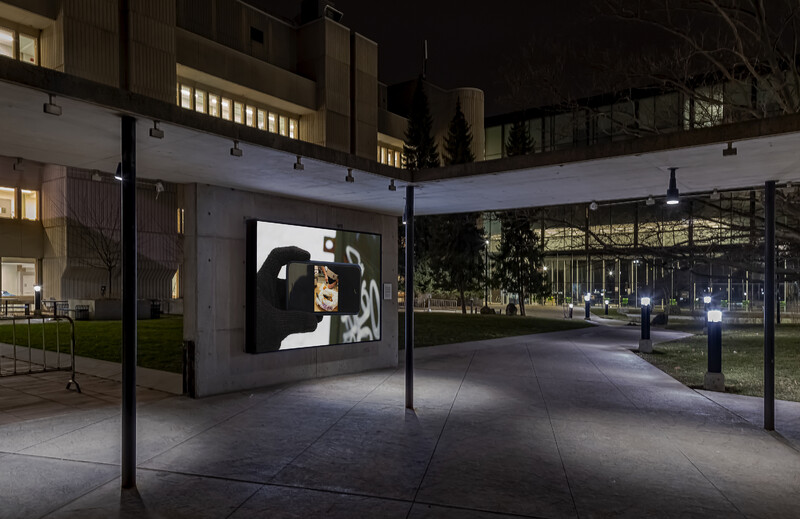
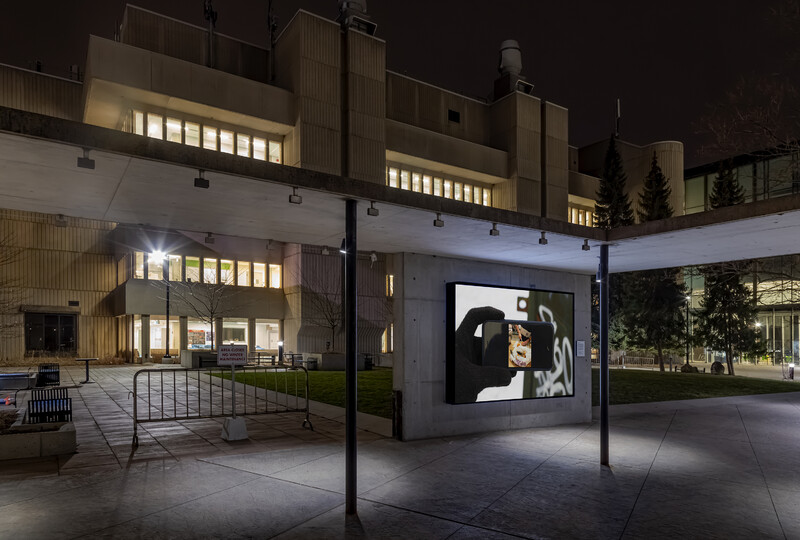
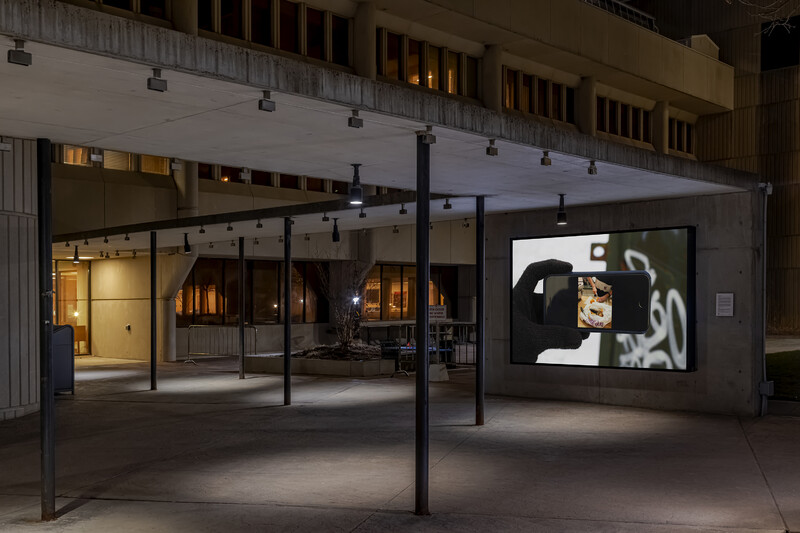
Reader-in-Residence
Interpretive Video
Educator-in-Residence Laura Tibi leads a tour of Dignity Images on University of Toronto Mississauga campus.
- Artist
- American Artist

The Blackwood
University of Toronto Mississauga
3359 Mississauga Road
Mississauga, ON L5L 1C6
[email protected]
(905) 828-3789
The galleries are open. Hours of operation: Monday–Saturday, 12–5pm.
Facebook | Twitter | Instagram
Sign up to receive our newsletter.
The Blackwood is situated on the Territory of the Mississaugas of the Credit, Seneca, and Huron-Wendat.

